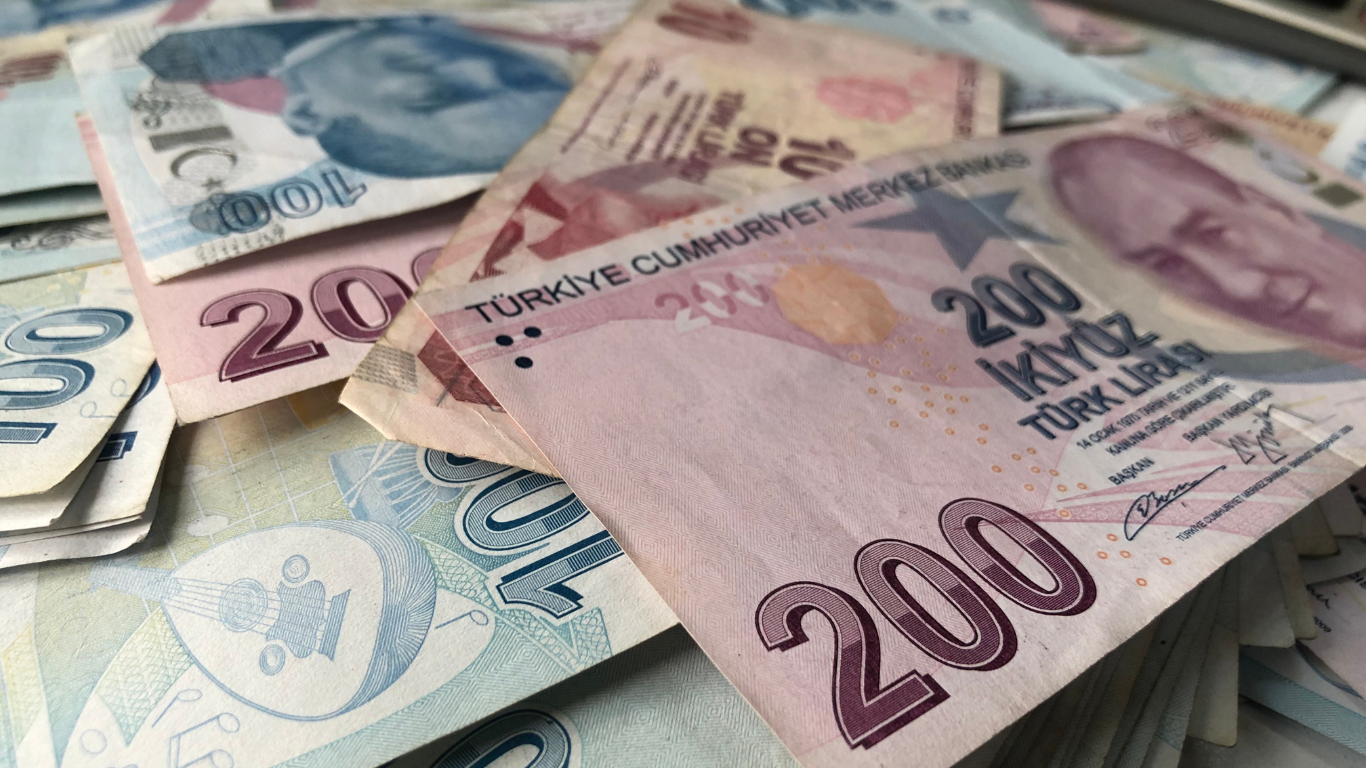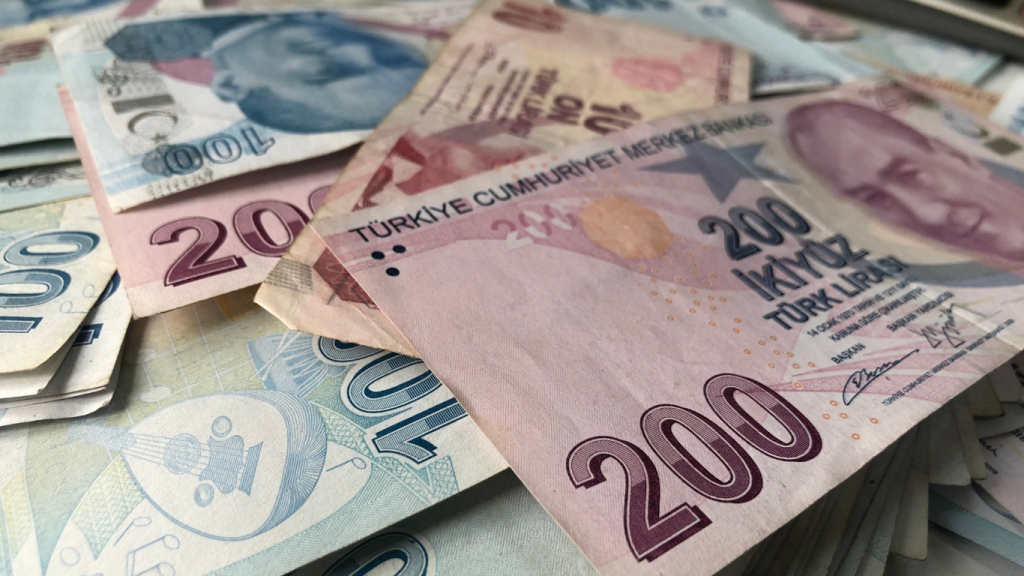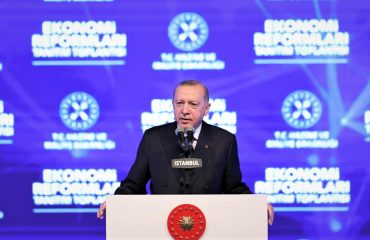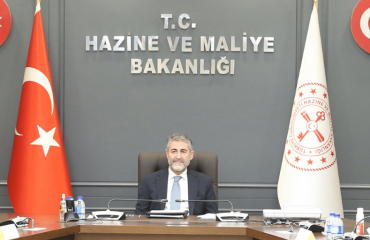

TurkStat announced a further deceleration in country’s inflation hike in the country to 38 percent, lower than the expected disinflation due to currency crisis.
The Turkish Statistical Institute (TurkStat) on July 5 announced a further deceleration in the skyrocketing inflation hike in the country to 38 percent as the Consumer Price Index (CPI) increased 3 percent in June.
TurkStat announced on July 5 that the CPI rate increased by 3,92 percent in June and that the annual CPI was calculated at 38,21 percent. PPI increased by 6,50 percent in June and was realised at 40,42 percent.
The ENAG, an independent body that tracks inflation based on the daily price index, reported a higher inflation rate of 8,54 percent in June and a staggering 108,58 percent over the course of a year.
CBRT averted a low-interest rate policy
The announcement came as the Turkish Central Bank (CBRT) recently decided to abandon its long-standing low-interest rate policy.
After lowering the policy rate for 27 months to 8,5 percent, the CBRT’s Monetary Policy Committee (PPK), under the leadership of newly appointed governor Hafize Gaye Erkan, implemented a monetary tightening policy on June 22 and raised the rate to 15 percent “in order to anchor inflation expectations and control the deterioration in pricing behaviour.”
The financial experts had anticipated a rate hike ranging from 20 to 30 percent; while the risk of the country’s economy going into recession with a sudden increase was also voiced.
Even though the 15 percent increase fell short of expectations, the committee expressed its intention to “gradually strengthen the tightening policy until a significant improvement in the inflation outlook is achieved.”
Currency crises put pressure on inflation
Amidst surging inflation and the currency crisis, the banking sector has also been voicing concerns over potential systemic risks associated with low interest rates, long-term bonds in a high inflation environment.
The increase rate of inflation deflated from a historic 83 percent to 54 percent in April and 39 and 38 percent in May and June, respectively.
The Turkish Lira, on the other hand, continues to suffer depreciation. As of June 22, one dollar is trading at 23.56 liras. After the May elections, it lost about a quarter of its value, putting further pressure on the disinflationary momentum.
The Bloomberg economists expect “government policies and sharp lira depreciation to result in the inflation rate climbing again” towards a “year-end rate of 47 percent,” even after the central bank’s lifting borrowing costs.
Policy change expectations
Turkish President Recep Tayyip Erdoğan, who had previously advocated for low interest rates to stimulate exports and support small and medium-sized businesses, hinted at a potential policy adjustment after the May elections.
After the appointment of Mehmet Şimşek as the new Treasury Minister and Gaye Erkan as the CBRT governor, there was an expectation that Erdoğan he might soften the low interest rate policy, which he had fiercely defended.
Experts predicted that the CBRT would gradually lift regulations and raise interest rates under the new administration. However, the independence of the bank is still under question.
The committee’s summary of the most recent PPK meeting expressed dissatisfaction with the current monetary policy framework and stated that it is far from meeting the government’s target inflation rate of 5 percent. The report also pointed out a widening gap between loan and deposit rates and policy rates, attributing blame to the previous committee for the monetary policy.
It is noteworthy that Erkan is the only new member in the 5-member committee, replacing the former governor Şahap Kavcıoğlu. The committee still is consisting of Emrah Şener, Elif Haykır Hobikoğlu, Mustafa Duman and Taha Çakmak as President has the authority to appoint the committee members.
CBRT ups policy rate to 15 percent but no “rational ground” yet


